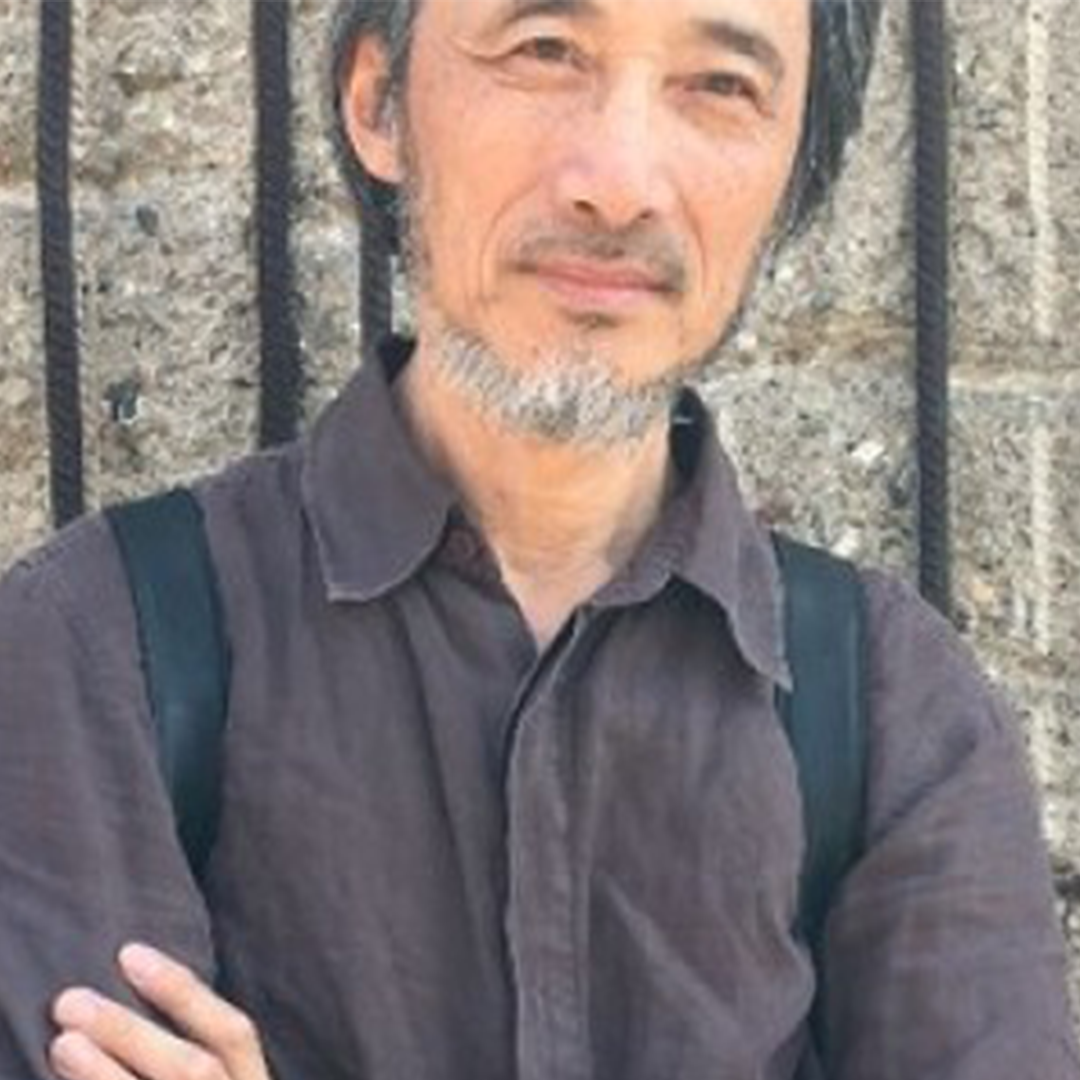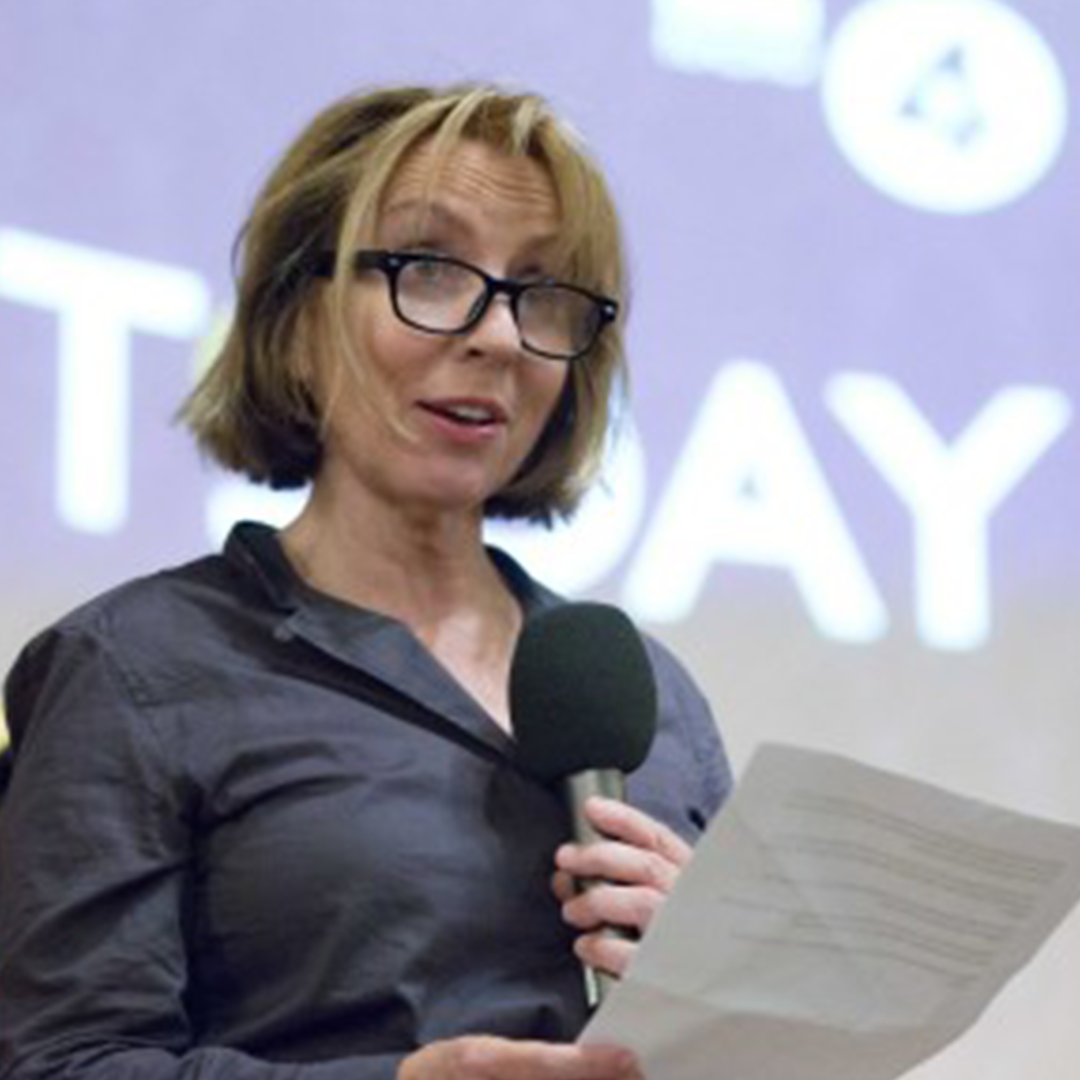12 Jun 2024 | Asia and Pacific, India, News and features
As Prime Minister Narendra Modi readies for his third term, he formally took the oath of office on Sunday, casting a shadow over the nation’s landscape of free speech and press freedom. With each successive term, Modi’s administration has faced criticism for tightening control over the media and curbing dissenting voices, with instances of journalists and activists facing harassment, intimidation, and even legal action for criticisng the government or expressing views contrary to the official narrative.
India’s extensive six-week election period concluded with a tally of 640 million votes on 4 June. In the 2024 Lok Sabha elections, the BJP-led NDA (National Democratic Alliance) secured an outright majority by winning 292 seats out of the 543 seats, surpassing the 272 seats required for a clear majority in India’s lower house of Parliament.
Meer Faisal, a 23-year-old journalist and the founder of The Observer Post, an online news portal based in Delhi, holds little optimism regarding Modi’s government when it comes to censorship and freedom of expression in India. He has faced significant censorship in the past during Modi’s tenure for his coverage on atrocities against Muslims in India. In October last year, his Twitter account faced restrictions in India due to his reporting.
“As a journalist, especially being a Muslim, it invites more censorship and trouble. The Modi government aims to silence every voice that speaks against them. They want to build a narrative in the country and label everyone who criticises government policies as anti-national,” said Faisal.
Faisal is among many in India who express fear concerning Modi’s third term, citing concerns beyond censorship to include threats to freedom of speech.
Since August 2019, the Modi government has also barred many Kashmiri journalists from travelling abroad, offering no explanation for restricting their fundamental rights.
“In Modi’s third term, I fear that there will be more harsh policies against journalists and more tactics will be employed to intimidate us. This will directly impact our reporting abilities and help authorities in curbing the voice of people,” said Faisal.
In the 2024 edition of the Press Freedom Index published by Reporters Without Borders, India is ranked 159th out of the 180 nations considered. “With violence against journalists, highly concentrated media ownership, and political alignment, press freedom is in crisis in “the world’s largest democracy”, ruled since 2014 by Prime Minister Narendra Modi, leader of the Bharatiya Janata Party (BJP) and embodiment of the Hindu nationalist right,” RSF stated while releasing the data.
Asif Mujtaba, 34, an advocate for people’s rights and director of the Miles2smile Foundation—which works with survivors of mob lynching, communal violence, and selective communal demolition—believes that the space for dissent has significantly decreased since Modi came to power, and public participation in protests has also diminished.
“It’s become a tough task for social and political activists, regardless of any religion, to work for people’s rights under Modi’s regime. The government can use any stringent law to frame you and silence your voice,” saidMujtaba.
According to Mujtaba, many people in India are apprehensive about openly criticising Modi because they are aware of the potential repercussions. A significant number of individuals who were once vocal against the regime have now become quiet..
“Modi’s administration is aware of the escalating dissent and the potential for increased protests against their policies in the third term. The growing public dissent will force Modi to resort to heavy-handed tactics to silence the people,” said Mujtaba.
In the first four months of 2024, India has experienced at least 134 instances of free speech violation, impacting journalists, academics, YouTubers, and students, according to a report published by the Free Speech Collective in early May. The organisation tracks and categorises free speech violations and offers support to those affected.
Niranjan K S, 22, a fourth-year law student at Jamia Millia Islamia, Delhi, and a member of the All India Revolutionary Students Organisation (AIRSO), argues that the suppression of dissent is driven by the corporate-Hindutva fascist nexus, which aims to transform the country into a fascist dictatorship. As a result, free speech will be stifled, and only those who support the ruling forces will retain their right to free expression.
“The surge in the enforcement of the Unlawful Activities Prevention Act (UAPA) and the uptick in political detentions, particularly aimed at students and activists like Sharjeel Imam and Umar Khalid, who were involved in the anti-CAA protests of 2019, demonstrate a systematic use of these draconian laws to quash all forms of dissent,” said Niranjan.
During the protests, students played an active role in amplifying the voices of the oppressed within the country. However, the BJP regime labeled these students as “anti-national” and “terrorists,” attempting to delegitimise their activism and dissent.
Niranjan emphasised that secularism and communal harmony are already under significant threat due to the Hindutva ideology of the current regime, which could further hinder free speech. “In this third term of the Modi government, the non-state elements of fascism will be more utilised to advance their offensive than the state elements,” said Niranjan.
Index on Censorship sought a response from a BJP spokesperson regarding censorship as Modi embarks on his historic third term. Answer came there none.
6 Aug 2021 | Afghanistan, Belarus, Burma, China, Hong Kong, India, Opinion, Ruth's blog
[vc_row][vc_column][vc_single_image image=”117177″ img_size=”full” add_caption=”yes”][vc_column_text]There are moments as you’re watching the news when it feels as if the world is becoming an increasingly horrible place, that totalitarianism is winning, and that violence is the acceptable norm. It’s all too easy to feel impotent as the horror becomes normalised and we move on from one devastating news cycle to the next.
This week alone, in the midst of the joy and heartbreak of the Olympics, we have seen the attempted forced removal of the Belarusian sprinter Krystina Timanovskaya from Tokyo by Lukashenko’s regime. Behind the headlines, the impact on her family has been obvious – her husband has fled to Ukraine and will seek asylum with Krystina in Poland and there have been reports that even her grandparents have been visited by KGB agents in Belarus.
This served as a stark reminder, if we needed one, that Lukashenko is an authoritarian dictator who will stop at nothing to retain power. And this is happening today – in Europe. Our own former member of staff Andrei Aliaksandrau and his partner Irina have been detained for 206 days; Andrei faces up to 15 years in prison for treason; his alleged “crime” – to pay the fines of the protestors.
In Afghanistan, reports of Taliban incursions are now a regular feature of every news bulletin, with former translators who supported NATO troops being murdered as soon as they are found and media freedom in Taliban-controlled areas now non-existent. Six journalists have been killed this year, targeted by extremists, and reporters are being forced into hiding to survive. As the Voice of America reported last month: “The day the Taliban entered Balkh district, 20 km west of Mazar e Sharif, the capital of Balkh province last month, local radio station Nawbahar shuttered its doors and most of its journalists went into hiding. Within days the station started broadcasting again, but the programming was different. Rather than the regular line-up, Nawbahar was playing Islamist anthems and shows produced by the Taliban.”
Last Sunday, Myanmar’s military leader, Gen Min Aung Hlaing, declared himself Prime Minister and denounced Aung San Suu Kyi as she faces charges of sedition. Since the military coup in February over 930 have been killed by the regime including 75 children and there seems to be no end in sight as the military continue to clamp down on any democratic activity and journalists and activists are forced to flee.
At the beginning of this week Steve Vines, a veteran journalist who had plied his trade in Hong Kong since 1987, fled after warnings that pro-Beijing forces were coming for him. The following day celebrated artist Kacey Wong left Hong Kong for Taiwan after his name appeared in a state-owned newspaper – which Wong viewed as a ‘wanted list’ by the CCP. Over a year since the introduction of the National Security Law in Hong Kong the ramifications are still being felt as dissent is crushed and people arrested for previously democratic acts, including Anthony Wong, a musician who was arrested this week for singing at an election rally in 2018. Dissent must be punished even if it was three years ago.
And then there is Kashmir… On 5 August 2019, Narendra Modi’s government stripped Jammu and Kashmir of its special status for limited autonomy. Since that time residents inside Kashmir have lived under various levels of restrictions. Over 1,000 people are still believed to be in prison, detained since the initial lockdown began, including children. Reportedly 19 civilians have died so far this year caught in clashes between the Indian Army and militants. And on the ground journalists are struggling to report as access to communications fluctuates.
Violence and silence are the recurring themes.
Belarus, Afghanistan, Myanmar, Hong Kong, Kashmir. These are just five places I have chosen to highlight this week. Appallingly, I could have chosen any of more than a dozen.
It would be easy to try and avoid these acts of violence. To turn off the news, to move onto the next article in the paper and push these awful events to the back of our mind. But we have a responsibility to know. To speak up. To stand with the oppressed.
Behind every story, every statistic, there is a person, a family, a friend, who is scared, who is grieving and in so many cases are inspiring us daily as they stand firm against the regimes that seek to silence them. Index stands with them and as ever we shine a spotlight on their stories – so that we can all bear witness.[/vc_column_text][/vc_column][/vc_row][vc_row][vc_column][three_column_post title=”You may also want to read” category_id=”41669″][/vc_column][/vc_row]
1 Dec 2020 | India, Iran, Media Freedom, News and features, Pakistan, Russia, Saudi Arabia, Turkey, United Arab Emirates
[vc_row][vc_column][vc_row_inner][vc_column_inner width="1/2"][vc_hoverbox image="115781" primary_title="Aasif Sultan" hover_title="Aasif Sultan" hover_background_color="black" el_class="text_white"]Aasif covers human rights for the Kashmir Narrator and was jailed for two years in August for alleged involvement in “harbouring known terrorists”[/vc_hoverbox][/vc_column_inner][vc_column_inner width="1/2"][vc_hoverbox image="115782" primary_title="Golrokh Emrahimi Iraee" hover_title="Golrokh Emrahimi Iraee" hover_background_color="black" el_class="text_white"]Jailed for six years in 2016 for writing about the practice of stoning in Iran and "insulting Islamic sanctities"[/vc_hoverbox][/vc_column_inner][/vc_row_inner][vc_empty_space][vc_row_inner][vc_column_inner width="1/2"][vc_hoverbox image="115743" primary_title="Hatice Duman" hover_title="Hatice Duman" hover_background_color="black" el_class="text_white"]Hatice Duman is the former editor of the banned socialist newspaper Atılım, who has been in jail in Turkey since 2002[/vc_hoverbox][/vc_column_inner][vc_column_inner width="1/2"][vc_hoverbox image="115783" primary_title="Khaled Drareni" hover_title="Khaled Drareni" hover_background_color="black" el_class="text_white"]Khaled was jailed for three years in Algeria in August for covering the Hirak protest movement[/vc_hoverbox][/vc_column_inner][/vc_row_inner][vc_empty_space][vc_row_inner][vc_column_inner width="1/2"][vc_hoverbox image="115780" primary_title="Loujain al-Hathloul" hover_title="Loujain al-Hathloul" hover_background_color="black" el_class="text_white"]Loujain is a women's rights activist known for her attempts to raise awareness of the ban on women driving in Saudi Arabia, where she remains in jail[/vc_hoverbox][/vc_column_inner][vc_column_inner width="1/2"][vc_hoverbox image="115741" primary_title="Yuri Dmitriev" hover_title="Yuri Dmitriev" hover_background_color="black" el_class="text_white"]Yuri has been targeted for his work in identifying the graves of victims of Stalinist terror and has been jailed on baseless charges of sexual assault by the authorities[/vc_hoverbox][/vc_column_inner][/vc_row_inner][vc_empty_space][vc_column_text]2020 has been a terrible year for the world.
Unfortunately, for some human rights activists, free speech supporters and journalists, 2020 is just yet another year they have spent in prison, incarcerated on trumped-up charges for speaking out against the actions of authoritarian regimes.
As 2020 comes to a close, we want them to know that no matter how long they have been in jail, they have not been forgotten.
We have chosen six people whose plights must not be forgotten as part of our new #JailedNotForgotten campaign.
Early in 2021, we will send cards containing messages of support from the Index team but we are also asking for you to stand in solidarity with them. Please use the form below to personalise your message to the chosen six:
- Aasif Sultan, who was arrested in Kashmir after writing about the death of Buhran Wani and has been under illegal detention without charge for more than 800 days;
- Golrokh Emrahimi Iraee, jailed for writing about the practice of stoning in Iran;
- Hatice Duman, the former editor of the banned socialist newspaper Atılım, who has been in jail in Turkey since 2002;
- Khaled Drareni, jailed in Algeria for 'incitement to unarmed gathering' simply for covering the weekly Hirak protests that are calling for political reform in the country;
- Loujain al-Hathloul, a women's rights activist known for her attempts to raise awareness of the ban on women driving in Saudi Arabia;
- Yuri Dmitriev, a historian being silenced by Putin in Russia for creating a memorial to the victims of Stalinist terror and facing fabricated sexual assault charges.
Add your message of support using the form below.
You can also sign up to receive our weekly newsletter, which features news relating to freedom of expression issues around the world. You do not need to sign up to this to send a message. [/vc_column_text][gravityform id="50" title="false" description="true" ajax="false"][/vc_column][/vc_row][vc_row][vc_column][vc_single_image image="115746" img_size="full" onclick="custom_link" link="http://www.indexoncensorship.org/donate"][/vc_column][/vc_row]



